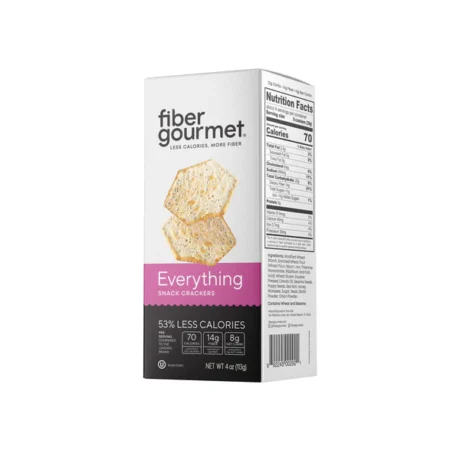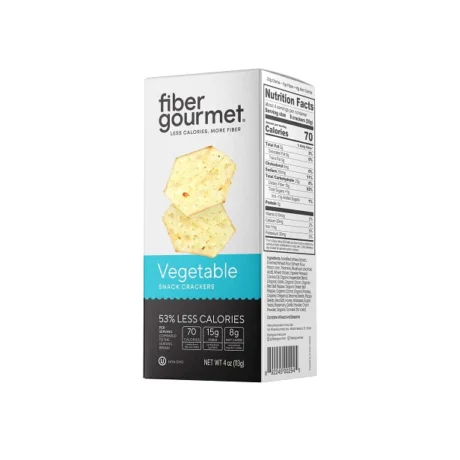When is the last time the topic of eating healthy or unhealthy foods was discussed at home or while at work? Today it is almost as common to discuss what you ate for breakfast or lunch as it is the weather. We read what is good for us in magazines, listen to the latest fads on talk shows and inquire how our friends and family are reaching their health goals by asking what they are putting into their mouths. It’s no wonder we are all confused. Who knows what’s best for us?
When it comes to our children, we are even more confused. We have marketing experts doing their best to convince us all to buy so-called nutritious foods by making them look visually appetizing. What kid would not like the idea of a cookie in the shape of their favorite superhero?
Furthermore, how do parents decipher between what is truly considered healthy or natural? Can something be unhealthy and healthy at the same time? Does natural mean that it actually contains nutrients? The answer is yes to both of these questions. This does not mean we should avoid these foods necessarily, but it may mean that they are not the best option. There may also be some children (depending on what the goal is) that are best to avoid these “healthy kids snacks” entirely.
Last year I ran a series of workshops called Healthy Kids Lunch Workshops; with the goal to shed some light on some of the most impactful changes we can make to our children’s eating routines; particularly when at school or daycare settings. Looking also at those who have some additional challenges – allergies, portable meals, picky eaters, etc. The notion of eating whole grains and a variety of fresh fruits and vegetables is great, because it limits the amounts of processed and packaged foods. But it does not necessarily mean that the alternatives are providing your children with what they need to be growing and prospering to their full potential. We all know that nutrition and how it impacts our physical, academic, behavioral and even emotional well-being is immense.
Most parents will agree that as much as we try to offer a variety of fruits, vegetables, proteins, and other healthy foods, our kids may still prefer the superman cookies over mom’s homemade baked goods. Why do our children crave the sugary cereals and sweet treats? It’s simple, it’s addictive and they taste better. So consider your children to be clever. They are not considering their waistlines, future health complications, why they are constantly hungry, or even why at certain times of the day behaving in ways that make you want to pull your hair out. Food acts as a drug and impacts us all on many levels.
We are eating foods that are breaking down so fast that they are causing constant feelings of hunger, low energy within an hour and perhaps even storing excess fat in children putting them at risk for diabetes or other metabolic complications later on in life. No food is healthy for all! Foods release hormones when digested, and these hormones are determining our body weight, mental alertness, moods and even our sleep. Processed and refined foods are given the label they deserve these days; as being less nutritious compared to their unprocessed varieties. But these foods may still be putting unnecessary wear and tear on our children by giving them more energy than they can use. As a result we are witnessing more and more overweight kids and teens. In addition, genetically modified foods (GMO’s) and unnecessary additives (to preserve, enhance color and taste) in popular kids foods are increasingly being linked to undesirable side effects of all sorts.
I would agree that we are more AWARE of what we are eating now than ever before, but it is much more confusing. We are constantly being given information on what and how to eat; but unfortunately this is not a one size fits all solution. Learning how to prepare foods, balance them with the appropriate proteins, fats and carbohydrates, and even timing of meals may make considerable differences in one’s health.
If you are interested in learning more about you or your family’s nutritional well-being, please join us at one of the workshops in your area. Parents are welcomed and even encouraged to attend together.
For more information on how to register for one of the workshops in your area, or how to host your own with your friends and family, please go to www.melissajacks.com or email melissajacks@rogers.com.
Looking forward to being a part of your health and wellness journey.
Melissa Jacks 647 294 9704







Comments are closed.